Putin’s hit list: from poisoned tea to mysterious falls, the grisly fate of the Kremlin’s enemies
The methods are many and varied: poisoning, shooting, plane crashes and, the simplest of them all, the mysterious falling out of a window. John Kampfner on how Putin transformed state assassinations of his foes and political opponents onto an industrial scale
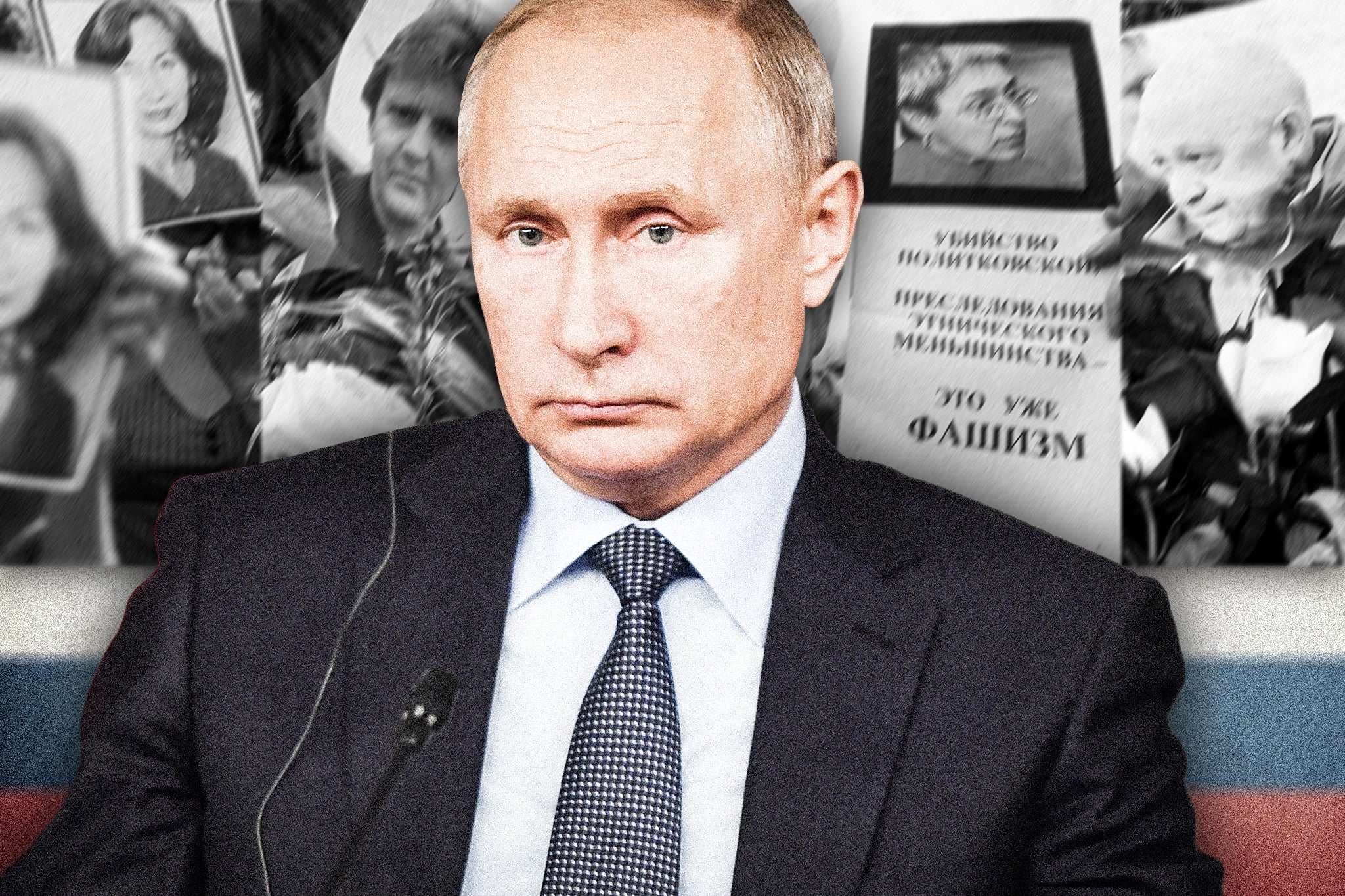
‘‘The reason why it all happened is one man’s hatred and fear – one man hiding in a bunker. I mortally offended him by surviving an attempt at my life he ordered. And then I committed an even more serious offence: I didn’t go into hiding. And that’s driving this thieving little man in his bunker out of his mind.’’
In Russia, when you are put on trial, you are held inside a courtroom cage. This did not stop Alexei Navalny from challenging his nemesis, Vladimir Putin, with the one tool available to him, the power of speech.
To a brittle dictator, there is only crime worse than political opposition; it is mockery. For the best part of a decade, Navalny had been investigating Putin’s wealth and Mafia-style nexus of crime, sometimes earnestly, sometimes by poking fun at the man in the Kremlin, interspersing the data he uncovered in his films, vlogs and blogs with hilarious memes. Putin did everything he could to silence him. He had him poisoned, not once but twice. Extraordinarily, Navalny survived, only to be thrown into prison, his sentence regularly extended, his health steadily deteriorating.
It might seem preposterous to compare this courageous opposition leader with the mercenary thug Yevgeny Prigozhin, presumed assassinated when his plane fell out of the sky earlier this week. All signs pointed to Putin’s revenge, both in the manner of the execution and the manner of the original slight.
What Prigozhin did, in his increasingly voluble videos attacking the Russian military establishment and then in his bizarre not-quite-march-on-Moscow in June, was to hold Putin up to ridicule. Punishment was relatively swift, as it usually is when politicians, journalists or former spooks uncover inconvenient truths.
The methods are many and varied: poisoning, shooting, plane crashes and, the simplest of them all, the mysterious falling out of a window. Sometimes they are carried out discreetly, but more often in the open, to send a signal about the dangers of defiance. To be fair, targeted killings began before Putin came to power in 2000. In the 1990s, incidents such as these often had the imprimatur of the Chechen leadership. Or else it was criminal gangs (and their political masters) settling scores. What Putin did was to transform state assassinations onto an industrial scale.
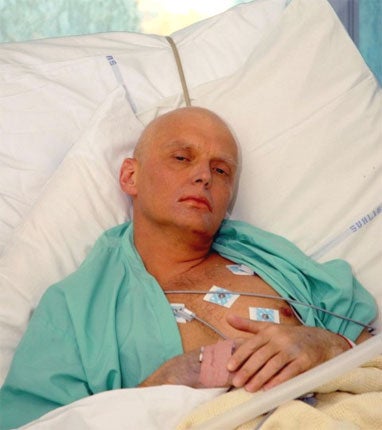
Only rarely, such as in the case of Navalny and Sergei Skripal, the former officer of the GRU military intelligence service turned British double agent, who was poisoned in Salisbury in March 2018, do they fail. And when that happens, those responsible for messing up are publicly berated. Skripal and his daughter were found on a park bench close to a pizza restaurant where they had been having lunch. After being put in an induced coma, they miraculously survived. The two Russian agents accused by the British of carrying out the attack then popped up on Russian TV, claiming they had gone to the ‘‘beautiful’’ city to visit the spire of the cathedral ‘‘which is one of the most famous in the whole world’’. The interviewer, the head of the station and close to Putin, could barely suppress her laughter. This brief moment of fame was clearly meant to humiliate them.
Of the many assassinations, one picture stands out. That was of Alexander Litvinenko, an ex-KGB agent and outspoken critic of Putin, staring out of his hospital bed shortly before his death in November 2006. He had drunk green tea laced with polonium-210, a rare and potent radioactive isotope, at a hotel in the heart of London’s Mayfair district. The difference between success and failure is very public: Andrei Lugovoy, one of the two Russians said by the British to have carried out the killing, was rewarded by being made a member of parliament.
Londongrad, as the British capital came to be known, and its surrounds became regular locations for assassinations. Alexander Perepilichny sought refuge in Britain in 2009 after helping a Swiss investigation into a Russian money-laundering scheme. Three years later, he was found dead near his home on an exclusive gated estate in Weybridge, Surrey after he had been out jogging. Even though officially no foul play was recorded by the coroner, his death raised questions, not least because he had no known health concerns.

Equally curious was the demise of Boris Berezovsky at his mansion near Ascot in March 2013. His body was found by a bodyguard in a locked bathroom, with a ligature around his neck. Oligarch and political operator extraordinaire, Berezovsky was instrumental in the political rise of Putin, persuading the family of the ailing president, Boris Yeltsin, that he had alighted on a man who could run the country on behalf of the elite. Having succeeded in that first task, he was then spectacularly cast out by his protégé, becoming an ever more embittered opposition figure in exile. I met him once, in 2006, when as editor of TheNew Statesman, I presided over a lunch with him as a guest. A brash, uncouth, frustrated dynamo, a man of no fixed morals or allegiances, he provided fascinating insights on Russian power dynamics. With hindsight, he could be seen as a non-military version of Prigozhin, falling into the category of ‘‘my enemy’s enemy’’... his only historical legacy being his opposition to Putin.
The Kremlin likes to show that there is nowhere to hide, no country, no gated community secure enough from the assassin. Sometimes it likes to do its work closer to home. In February 2015, in one of the most brazen political executions of the Putin era, Boris Nemtsov was gunned down at close range on a bridge next to the Kremlin. He had been out walking with his girlfriend after going out for dinner. A former regional governor and deputy prime minister under Yeltsin, Nemtsov had become a prominent opposition figure. Putin took ‘‘personal charge’’ of the investigation, in which five men from the North Caucasus were jailed. And that was that.
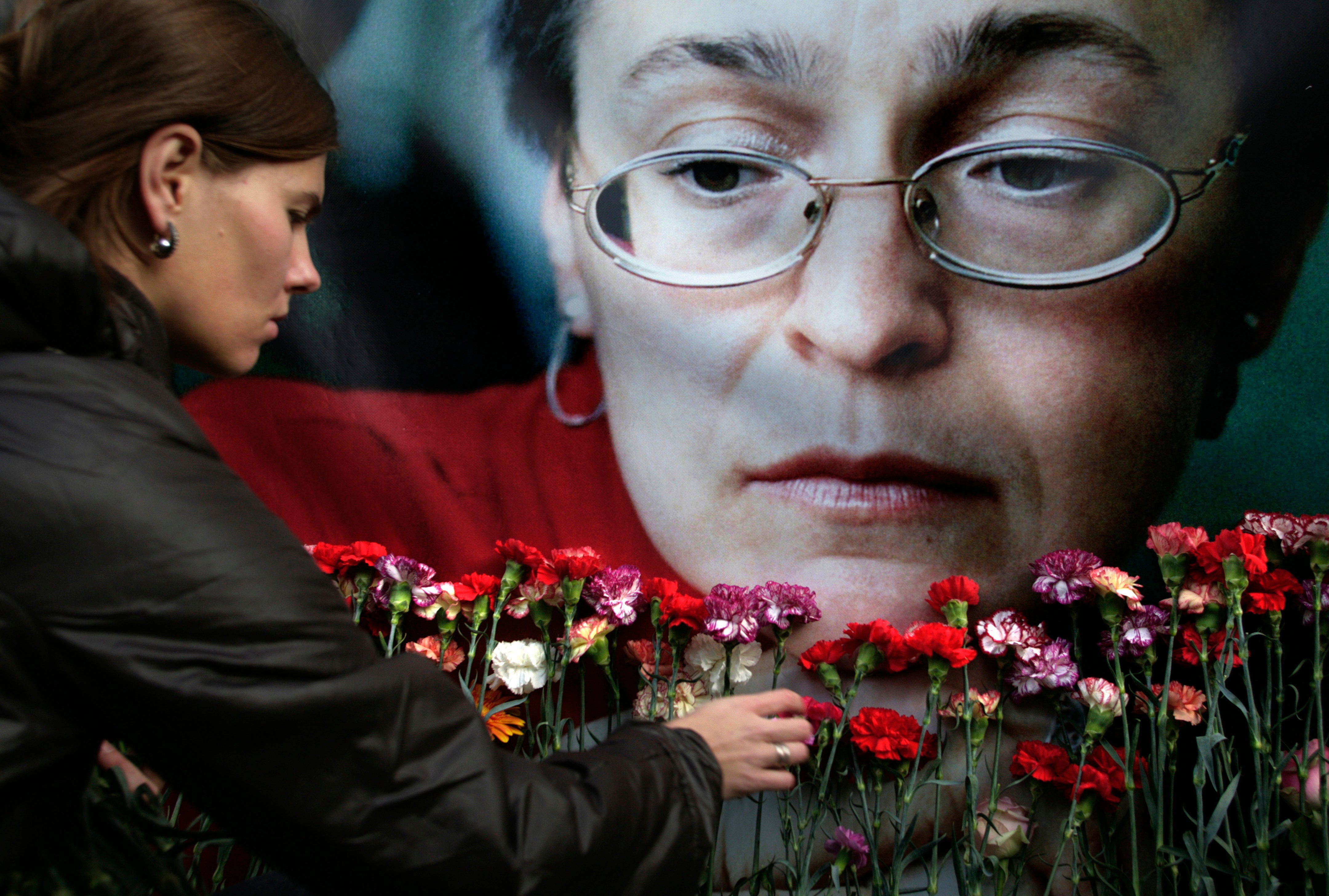
The assassination of the investigative journalist, Anna Politkovskaya, attracted a huge outcry. It was still fairly early on in the Putin era, when such incidents had not yet become commonplace. She was shot dead in the lift of her Moscow flat in October 2006 after returning home from the supermarket. Politkovskaya’s reporting on human rights abuses during the second war in Chechnya had made her a marked woman.
Here is a quick summary of some of the other cases, in Russia and beyond:
Sergei Magnitsky, who died in prison in 2009 of a heart attack after being denied treatment. He had been working with the exiled American businessman, Bill Browder, on exposing top-level corruption. The Magnitsky Act, introduced in a number of countries, is now the term used to ban Russians implicated in state criminality.
Natalia Estemirova, a teacher and and head of the human rights group Memorial in Chechnya, found dead in a ditch in neighbouring Ingushetia in 2009.
Artyom Borovik, one of Russia’s most charismatic and popular journalists, whose plane crashed barely two months into the start of Putin’s tenure. His TV show Top Secret had used the liberalism of the Nineties to break a number of stories. In doing so, he made many enemies.
Viktor Yushchenko, then a Ukrainian opposition leader, was poisoned during the campaign for the 2004 presidential election in which he ran on a pro-Western ticket against the pro-Moscow incumbent, Viktor Yanukovych. He was poisoned while having dinner. His face and body were disfigured – but he survived. His ultimate victory in that election, amid street protests that formed part of the ‘‘Orange Revolution’’, was one of the most dramatic steps towards Ukrainian sovereignty.
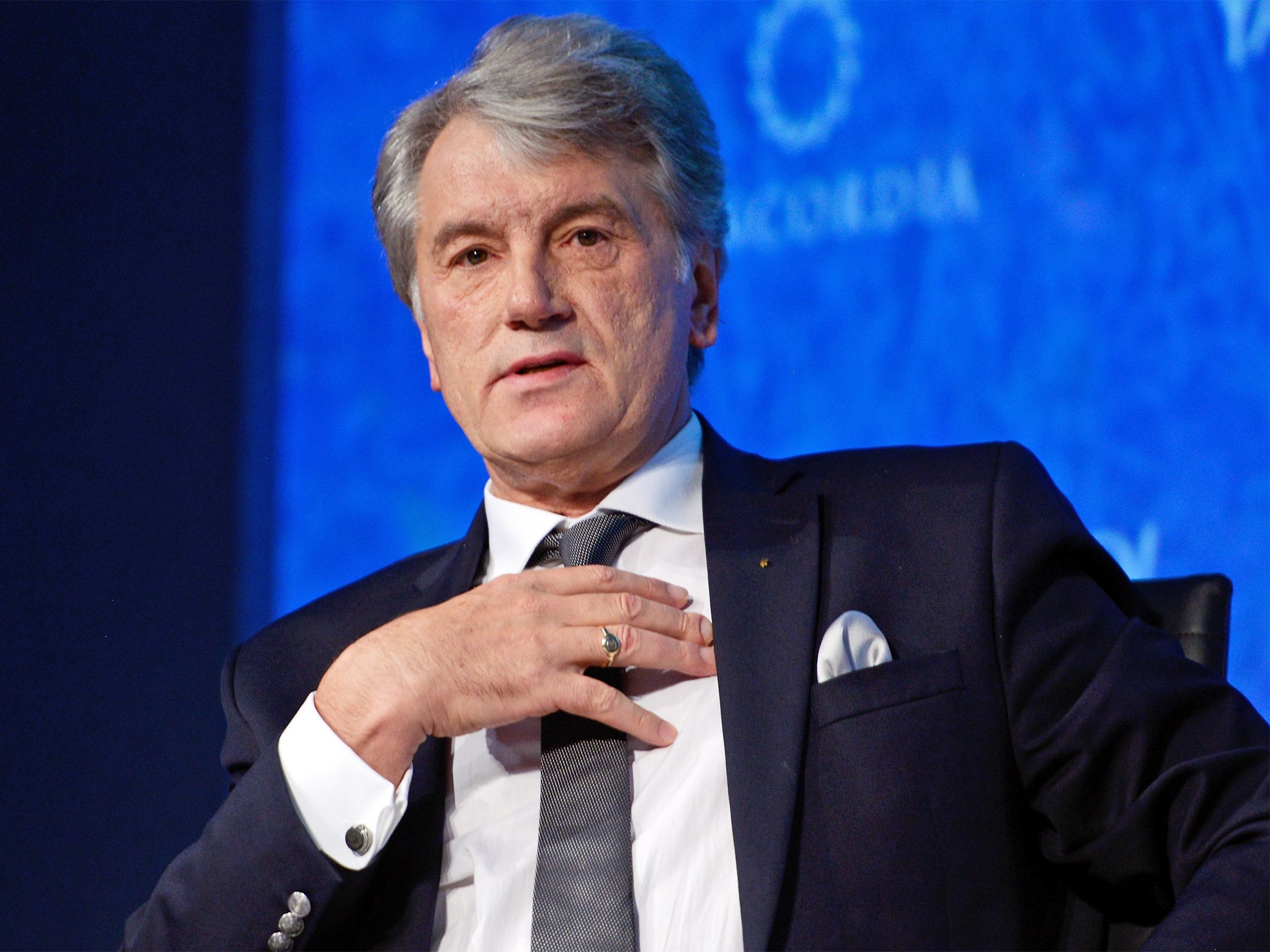
In later years, falling out of windows became a more popular choice of finishing people off. In August 2022, this fate befell Dan Rapoport, a Latvian-American banker and Putin critic in Washington DC. Five years earlier, the same had happened to his business partner in Moscow. Another increasingly popular method has been the ‘‘staged suicide’’. In April of the same year, in the Spanish resort of Lloret de Mar, oligarch Sergei Protosenya was found dead alongside his wife and daughter. They were stabbed, he was found hanged. In December 2020, a scientist involved in developing a Covid vaccine, Alexander Kagansky, fell from his high-rise apartment in St Petersburg. According to the police version, he stabbed himself and then jumped. Other locations have included Berlin (a popular choice for dissidents and murders) and the United Arab Emirates.
Back to the present day: Vladimir Kara-Murza, an opposition activist of joint Russian-British citizenship, was the victim of two failed poisoning attempts in 2015 and 2017. A German laboratory later found elevated levels of mercury, copper, manganese and zinc in his organs. He recovered and continued his work, for which he received a 25-year prison sentence in March 2023 – a length that stunned even observers inured to the ways of Russian retribution.
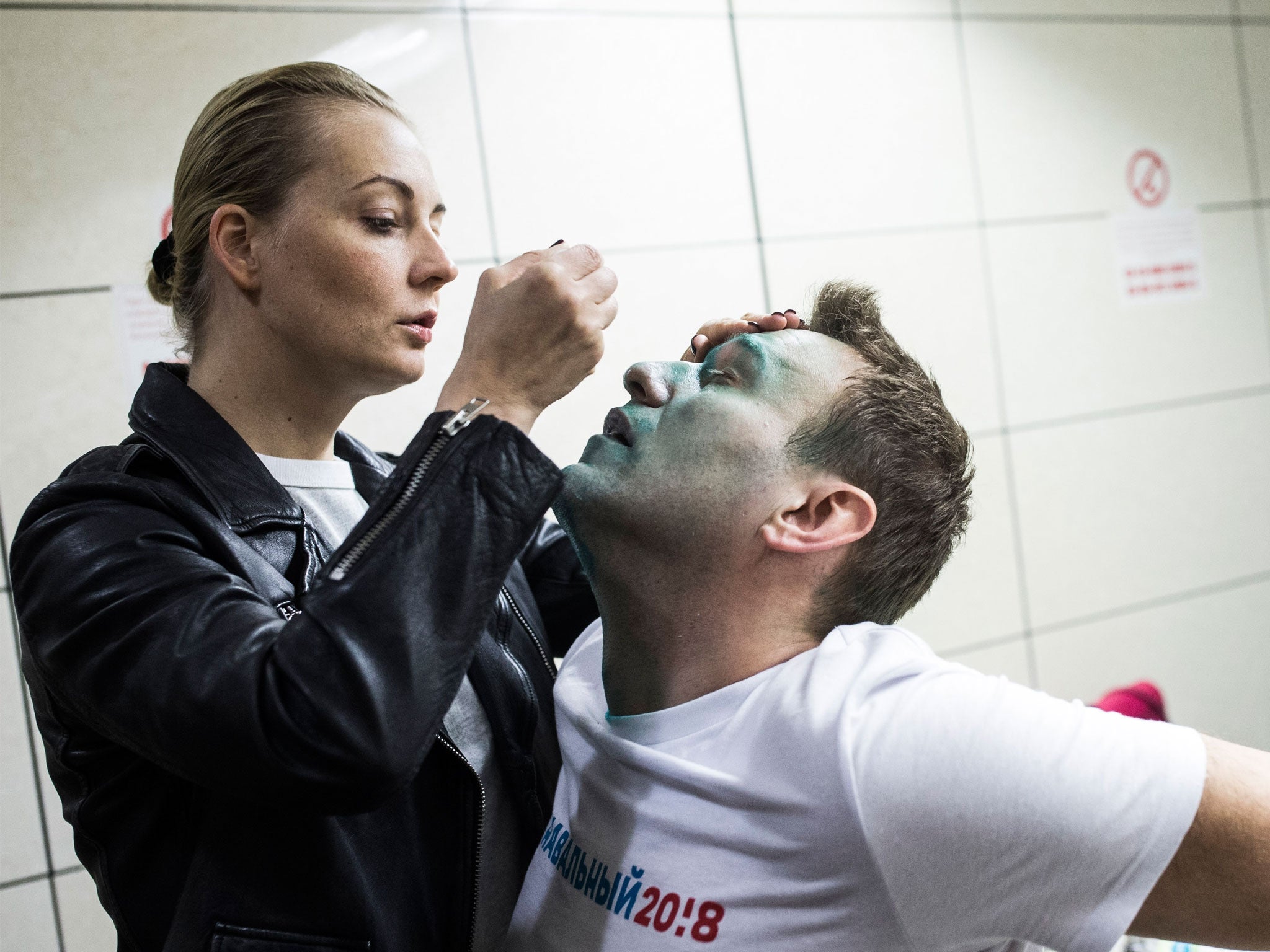
As for Navalny, he should not have survived. On the first occasion in 2017, unidentified men flung green dye in his face. He lost partial sight in one eye. In 2020, on a campaigning trip, he fell violently ill on a flight from the Siberian city of Tomsk back to Moscow. The video from a passenger’s mobile phone captures the scene. As he screamed in agony, the commercial airliner made an emergency landing in the nearby city Omsk. If it were not for the extraordinary quick-wittedness of the pilot, the paramedics on the ground, and the doctors in Germany to which he was whisked away, he would have died. He spent five months in Berlin recuperating, but immediately on his return to Russia he was arrested.
He is now behind bars and set to stay there for many years. He is still defiant, though. While still in Germany, in one of several films he made exposing Putin and his entourage, he manages to interview one of the operatives sent to poison him. It is hilarious, chilling – and mesmerising.
John Kampfner’s new book, In Search of Berlin, is published on 5 October.






Join our commenting forum
Join thought-provoking conversations, follow other Independent readers and see their replies
Comments